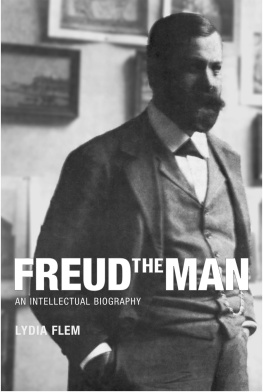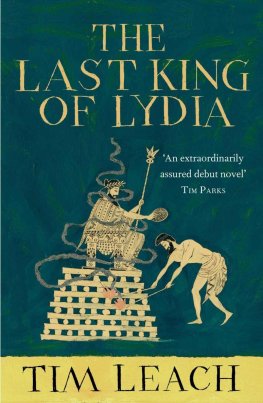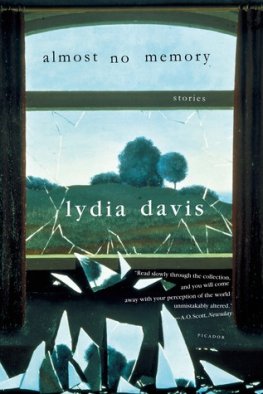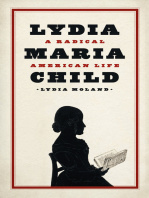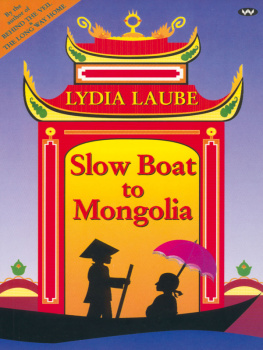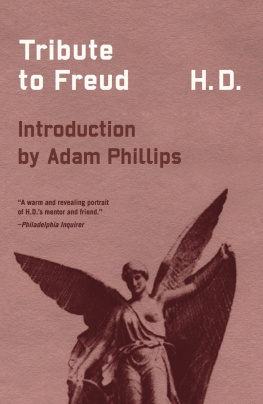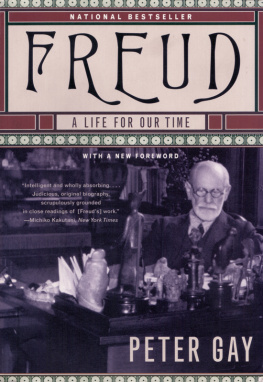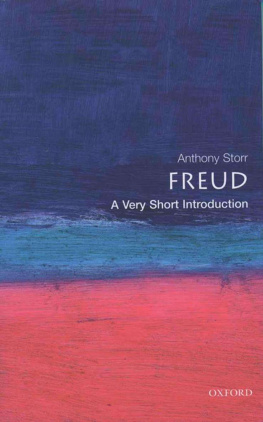Lydia Flem - Freud the Man
Here you can read online Lydia Flem - Freud the Man full text of the book (entire story) in english for free. Download pdf and epub, get meaning, cover and reviews about this ebook. year: 2020, publisher: Other Press, genre: Detective and thriller. Description of the work, (preface) as well as reviews are available. Best literature library LitArk.com created for fans of good reading and offers a wide selection of genres:
Romance novel
Science fiction
Adventure
Detective
Science
History
Home and family
Prose
Art
Politics
Computer
Non-fiction
Religion
Business
Children
Humor
Choose a favorite category and find really read worthwhile books. Enjoy immersion in the world of imagination, feel the emotions of the characters or learn something new for yourself, make an fascinating discovery.
- Book:Freud the Man
- Author:
- Publisher:Other Press
- Genre:
- Year:2020
- Rating:5 / 5
- Favourites:Add to favourites
- Your mark:
- 100
- 1
- 2
- 3
- 4
- 5
Freud the Man: summary, description and annotation
We offer to read an annotation, description, summary or preface (depends on what the author of the book "Freud the Man" wrote himself). If you haven't found the necessary information about the book — write in the comments, we will try to find it.
Freud the Man — read online for free the complete book (whole text) full work
Below is the text of the book, divided by pages. System saving the place of the last page read, allows you to conveniently read the book "Freud the Man" online for free, without having to search again every time where you left off. Put a bookmark, and you can go to the page where you finished reading at any time.
Font size:
Interval:
Bookmark:
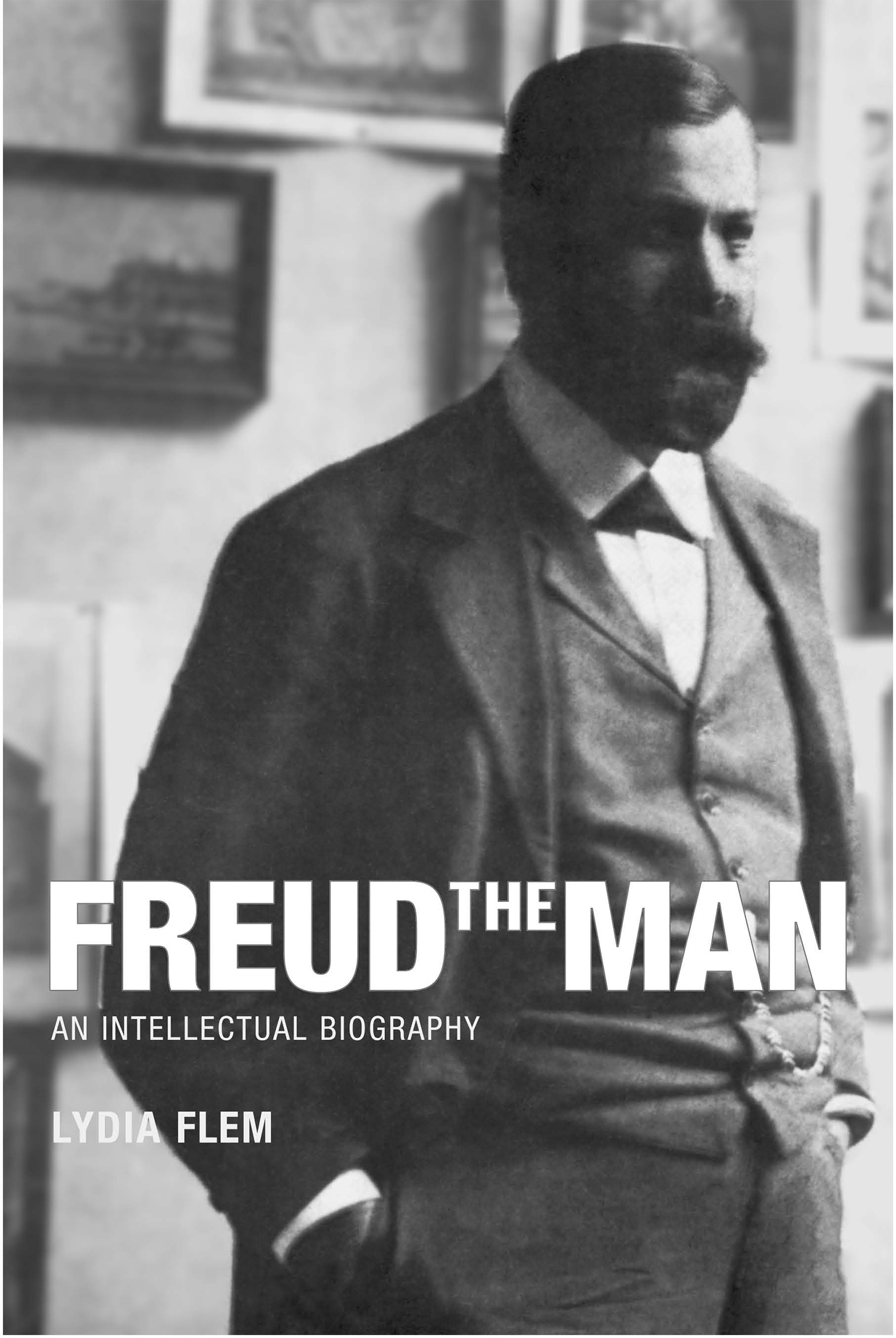
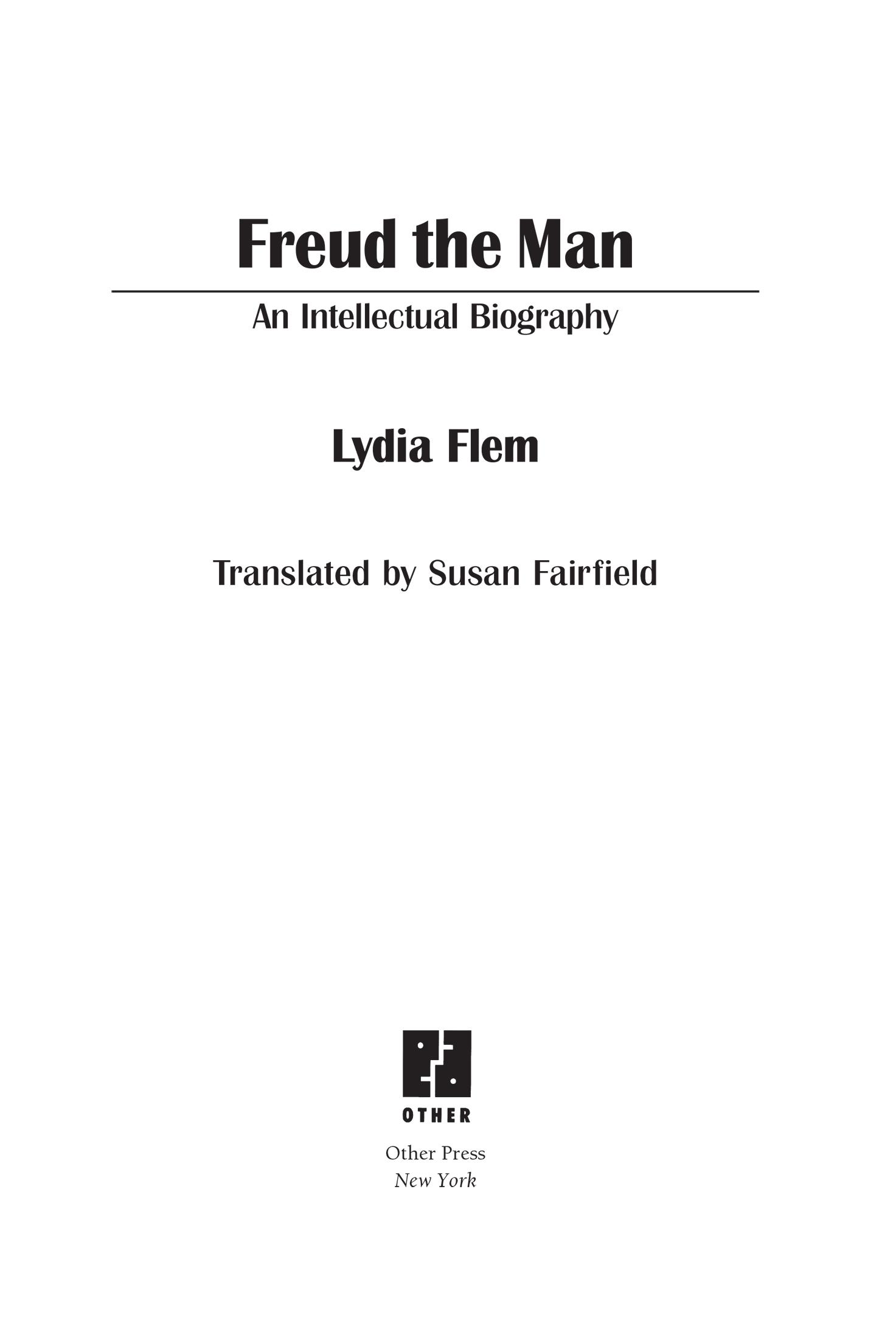
Copyright Editions du Seuil, 1991
Collection La Librairie du XXe sicle, sous la direction de Maurice Olender
Originally published as LHomme Freud: Une Biographie Intellectuelle
Translation copyright 2003 Other Press
Ebook ISBN9781635421170
Softcover ISBN9781590517338
Production Editor: Robert D. Hack
All rights reserved. No part of this publication may be reproduced or transmitted in any form or by any means, electronic or mechanical, including photocopying, recording, or by any information storage and retrieval system without written permission from Other Press LLC, except in the case of brief quotations in reviews for inclusion in a magazine, newspaper, or broadcast. For information write to Other Press LLC, 267 Fifth Avenue, 6th Floor, New York, NY 10016. Or visit our Web site: www.otherpress.com.
The Library of Congress has cataloged the printed edition as follows:
Flem, Lydia.
[Homme Freud. English]
Freud the man : an intellectual biography / Lydia Flem; translated by Susan Fairfield.
p. cm.
Includes bibliographical references and index.
ISBN 1-59051-037-2 (alk. paper)
1. Freud, Sigmund, 1856-1939. 2. PsychoanalystsAustriaBiography. 3. PsychoanalysisHistory. I. Title.
BF109.F74 F4813 2003
150.1952092dc21
2003007466
a_prh_5.5.0_c0_r0
To my mother
who gave me an interest in words
and to my father
who handed down the pleasure of storytelling
Who has not wanted to penetrate into the intimacy of the creatorinto the painters studio, the scientists laboratory, the writers notes? Who has not dreamed of understanding what lies behind the gesture and the thought, seizing the moment when something comes into being? How does someone become a genius? What is the secret of the making of a work?
Freud was well aware that psychoanalysis cannot offer an answer to the riddle of creation, but he still kept examining the lives of exceptional people: Leonardo da Vinci, the man Moses, the great Goethe. In his youth, he bitterly regretted that nature had not, in one of her benevolent moods, stamped my face with that mark of genius which now and again she bestows on men. But in adulthood he was able to define his creative experience as a combination of imaginative boldness and strictly realistic self-criticism.
In his own eyes, Freud is not a therapist but a conqueror, an archeologist, a detective of the human soul. As he explores the unconscious and puts it into words, he is not afraid to go forward, to immerse himself more and more deeply, to be on familiar terms with the object of his conquest. There is something downright concrete, sensual, even sexual in his connection to his research. He is prepared to put his hand in his own store-cupboard in order to feed his powers of invention.
A double union, confirmed by his father from childhood on, weds Freud to knowledge: in one and the same affective movement, games of knowing are both authorized and erotized. What is written is sexual. Texts both respect and transgress one another. Freud belongs to the book and the book to him.
In order to bring to light a knowledge of what is invisible, accessible by indirect pathways, he dares to rely not only on his patients stories but also on his daily life, his dreams, his journeys, his readings, the fertile tensions he encounters with his Judaism, his love of friendship, and his ambivalent fascination with images.
What I shall be sketching out here is the way Freud invents psychoanalytic theory on the basis of his intimate metaphors. Imaginary cities, the railway, ruins of the past, optical machines, figures of the devil, civilizing heroes, plots from novels or detective stories: Freud multiplies comparisons in trying to define a psychic object that resists representation. Careful not to mistake the scaffolding for the building, he is still concerned, every step of the way, to perceive the unconscious.
On the construction site of his oeuvre, constantly revised, reworked, and always open, self-analysis and theory beget one another. Knowledge of the unconscious and the writing of this knowledge come from the same place: Made in Unconscious.
Beyond science and fiction, with writers as allies (and also as disturbing doubles), and by means of analogies drawn from every domain of culture and civilization, what is most intimate becomes the property of each and every one of us.
To show how much he loves to link his own words to writers words, I have included excerpts from Freuds readings throughout this book. This is the way their dialogue is held: the singular opens out into the universal.
After my book on the daily life of Freud and his patients, there is no further need to describe the history of Vienna between two analytic sessions or to recall the first disciples and the first patients who lay down on the couch of this unlikely doctor who made an interest in the past his healing principle. There is no further need, then, to leaf through an old album of yellowed photographs in which we think we can recognize the faces of our own cultural memory. At this time, perhaps because the wish for filiation has been satisfied, what will be found here is the novel of the unconscious told live by its author Freud: the way his writings give birth to an interior discovery called psychoanalysis.
Between the visible and the invisible, figures and words, Freud moves forward along oblique pathways without trying to sidestep doubt or vagueness. He takes pleasure in collecting pieces of the unconscious puzzle, and equal pleasure in setting them forth in their scenarios. He knows the art of gradually unfolding a story, placing the primary and secondary characters, and making his reader want to turn the page. He invites us to reconstruct his discovery step by step, to take a direct part in creating his work.
What I wanted to do is to follow Freuds trail, to accompany him in his voyages to the land of nowhere, to read over his shoulder the strange and fabulous tale he brought back with him. I have tried to get to know the man together with the work, the underlying passions inextricably linked with his theoretical fiction. I slipped into the witchs kitchen to see whether I could recognize the ingredients, the spices, that go into the brew of his pact with the unconscious. But the unconscious always escapes, putting on masks and disguises like Casanova in Venice. Unique and multiform, it is what we know without knowing it, what emerges and takes us unawares: most alien and at the same time most intimate.
In two or three centuries, when psychoanalytic treatment will have long disappeared, there will no doubt remain on the shelves of libraries, alongside the names of Shakespeare, Dante, Sophocles, Goethe, Proust, Borges, Perec, and Celan, the name of Sigmund Freud.
With him, I have come to understand that barbarity is part of being human, and that civilization is a ceaseless task, never achieved, like love or writing.
NOTES
Letter to Freuds fiance Martha, February 2, 1886 (Freud 1960, p. 202).
Letter to Wilhelm Fliess, October 31, 1897 (Freud 1954, p. 227, translation modified).
Freud 1900, p. 536.
Flem 1986.
Font size:
Interval:
Bookmark:
Similar books «Freud the Man»
Look at similar books to Freud the Man. We have selected literature similar in name and meaning in the hope of providing readers with more options to find new, interesting, not yet read works.
Discussion, reviews of the book Freud the Man and just readers' own opinions. Leave your comments, write what you think about the work, its meaning or the main characters. Specify what exactly you liked and what you didn't like, and why you think so.

